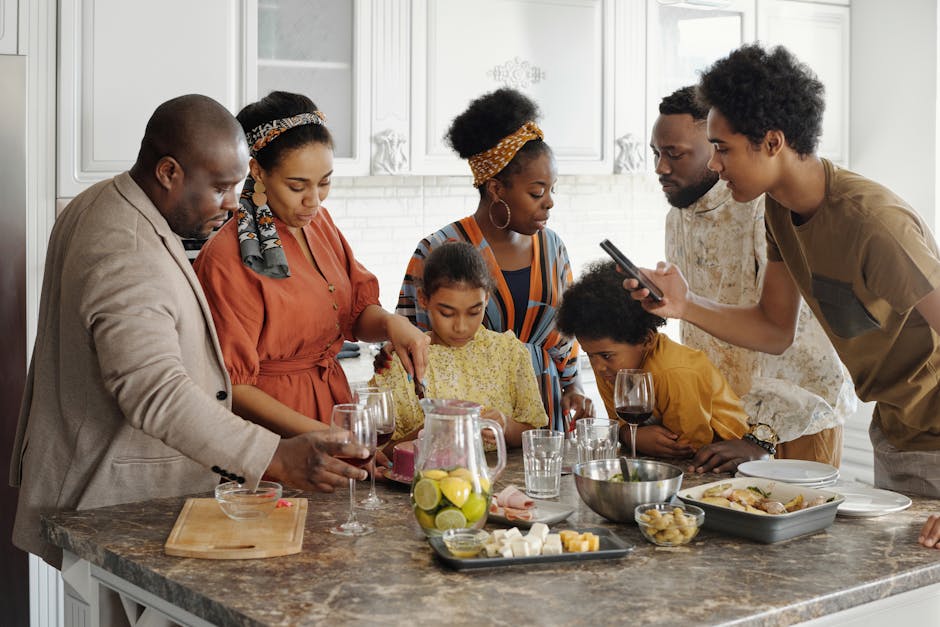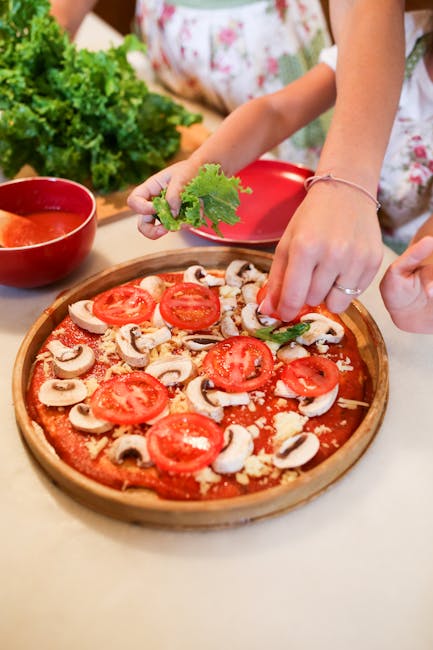Uncover 5 Secret Cooking Class Tips for Gluten-Free & Allergy-Friendly Recipes
Are you looking to expand your culinary skills and dive into the world of gluten-free and allergy-friendly cooking? Cooking classes can be a fantastic way to learn new techniques, discover delicious recipes, and meet like-minded food enthusiasts. However, when it comes to accommodating dietary restrictions like gluten intolerance or food allergies, there are a few extra considerations to keep in mind.
Tip 1: Choose the Right Cooking Class
When seeking out a cooking class that caters to gluten-free and allergy-friendly recipes, it’s crucial to do your research. Look for classes specifically designed for these dietary needs or instructors who have experience and expertise in adapting recipes accordingly. This ensures you’ll get the most out of your learning experience without feeling excluded or overwhelmed.

Tip 2: Communicate Your Dietary Needs in Advance
Prior to attending a cooking class, make sure to inform the instructor or organizer about your specific dietary restrictions. This allows them to prepare in advance, make necessary adjustments to the recipes, and provide alternative ingredients if needed. By communicating openly and clearly, you can ensure a smoother and more enjoyable cooking class experience.
Tip 3: Get to Know Gluten-Free and Allergy-Friendly Ingredients
Understanding the key ingredients used in gluten-free and allergy-friendly cooking is essential for successful recipe execution. Familiarize yourself with gluten-free flours, alternative sweeteners, dairy-free substitutes, and other essentials commonly used in these recipes. This knowledge will empower you to confidently navigate any cooking class and adapt recipes on your own.
Tip 4: Practice Cross-Contamination Prevention
For individuals with food allergies, cross-contamination can pose a significant risk to their health. When participating in a cooking class, be mindful of shared equipment, utensils, and work surfaces that may have come in contact with allergens. Always use separate tools and designated cooking areas to prevent any accidental exposure to allergens while preparing your dishes.

Tip 5: Experiment and Adapt Recipes to Suit Your Needs
Don’t be afraid to experiment and make adjustments to recipes to accommodate your specific dietary requirements. Cooking classes are a great opportunity to learn new cooking techniques and flavor combinations, so feel free to tailor recipes to suit your taste preferences and restrictions. Have fun with the process and unleash your creativity in the kitchen!
Embarking on a journey into the world of gluten-free and allergy-friendly cooking through cooking classes can be an enriching and rewarding experience. By following these secret tips, you’ll be well-equipped to make the most of your culinary adventures while staying true to your dietary needs.


